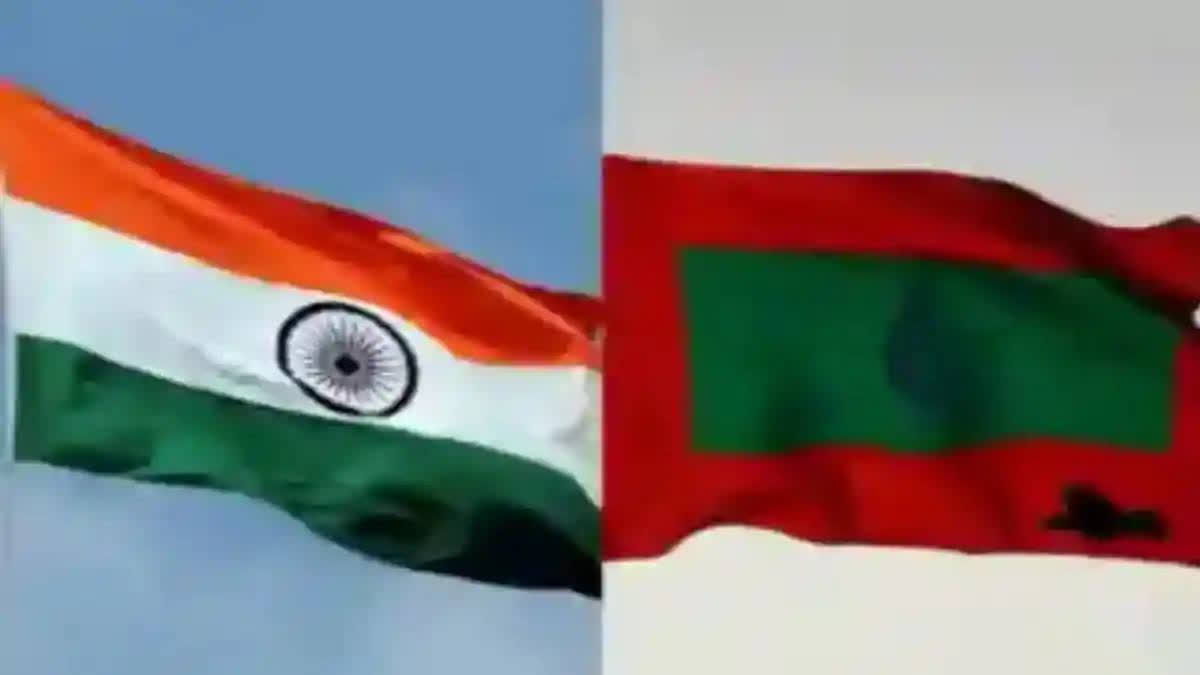New Delhi: “Misinformation” is the reason why Indian Coast Guard personnel boarded Maldivian fishing vessels off the coast of the Maldives in January this year, it has come to light now. Maldives Defence Minister Ghassan Maumoon has confirmed in the country’s Parliament the People Majlis that he has received an official justification from the Government of India about the events that led to the Indian Coast Guard personnel boarding three Maldivian fishing vessels within that country’s exclusive economic zone. He said that the reason cited by India was “miscommunication” due to the use of satellite phones by the fishermen.
Towards the end of January this year, a group representing Maldivian fishermen said that a fishing boat in the Indian archipelago nation had been stormed by personnel of an Indian ship. “The UN Mahibadu Asruma boat is currently being attacked by an Indian ship. I strongly condemn this! Watch this,” the translated version of the post on X in Dwivehi by the Bodu Kanneli Masveringe Union read.
Following this, the Maldives National Defence Forces (MNDF) posted on X that it is “investigating a report that a boarding team of a foreign military vessel boarded a Dhvehi fishing boat while in the SEZ”. “An MN Coast Guard vessel is now travelling to the area”, it stated. Local media in the Maldives quoted the MNDF as saying that “the fishing boat was inside the Maldives Exclusive Economic Zone (EEZ) when a boarding team from a foreign military ship stormed the boat”.
After this, further reports emerged that two more Maldivian fishing vessels were also boarded by the Indian Coast Guard personnel within the Maldives’ EEZ. An EEZ, as prescribed by the 1982 United Nations Convention on the Law of the Sea (UNCLOS), is an area of the sea in which a sovereign state has exclusive rights regarding the exploration and use of marine resources, including energy production from water and wind. The EEZ does not define the ownership of any maritime features (islands, rocks and low-tide elevations) within it.
Now the question is whether the Maldivian fishing boat was actually within the country’s EEZ. The International Tribunal for the Law of the Sea (ITLOS) last year ruled that the Maldives will lose 45,331 sq km of its EEZ in a maritime boundary delimitation case involving Mauritius. The judgment evenly divides the disputed maritime zone, awarding Mauritius 45,331 sq km and the Maldives 47,232 sq km. Earlier, the entire area of 92,653 sq km was considered part of the Maldivian EEZ, as per local legislation defining the EEZ as 200 nautical miles from the coast.
Explaining India’s position in the People’s Majlis, Defence Minister Maumoon said that the legality of the use of satellite phones had come into the picture.
